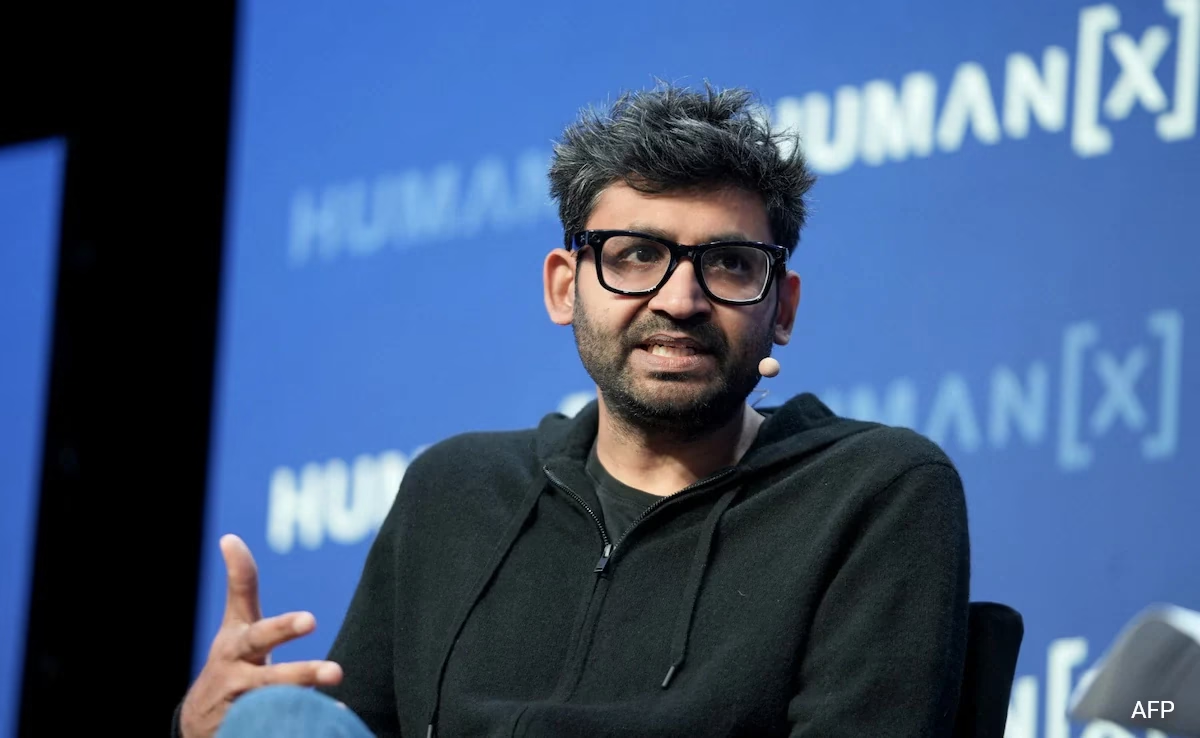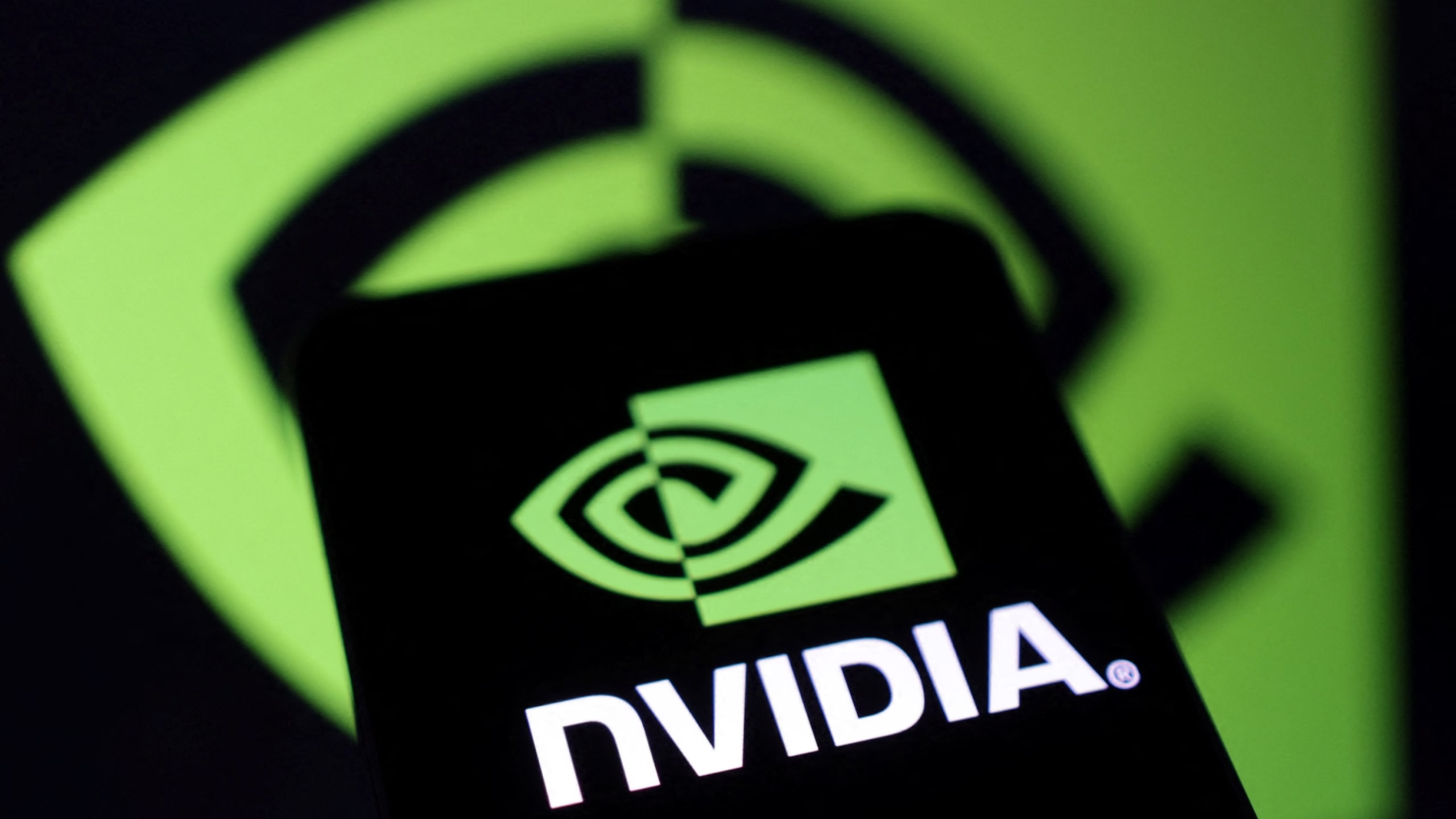SAN FRANCISCO: Former Twitter CEO Parag Agrawal’s startup Parallel Web Systems has raised $100 million in a Series A funding round to develop web search infrastructure designed for artificial intelligence agents and to form partnerships with online content owners, Agrawal confirmed in an interview.
The round — which values Parallel at $740 million — was co-led by Kleiner Perkins and Index Ventures, with participation from Khosla Ventures and other existing investors.
Founded two years ago, Parallel aims to reshape how AI systems interact with the internet. The company builds application programming interfaces (APIs) that allow AI models to search the live web for current information needed to perform complex tasks such as software development, sales analytics, and insurance risk assessment.
“You can’t deprive an M&A lawyer from not being able to use the web, so why would you deprive their agents?” Agrawal told Reuters, emphasizing the growing dependence of AI on real-time data.
Unlike traditional search engines designed for human users, Parallel’s system returns optimized data tokens that feed directly into an AI model’s context window. This method, Agrawal said, improves accuracy, reduces hallucinations, and cuts operating costs for enterprise customers.
The newly raised funds will be used to expand product development, accelerate customer acquisition, and tackle one of the internet’s emerging challenges — the increasing amount of valuable content locked behind paywalls or restricted by anti-scraping barriers.
To address this, Agrawal revealed that Parallel is developing an “open market mechanism” to financially incentivize publishers to keep their content accessible to AI systems, though details remain under wraps.
Parallel, which launched its products in August 2025, previously raised $30 million in early 2024. With this latest funding, Agrawal said the company is ready to “go all in” on creating the next generation of AI-native web infrastructure.



